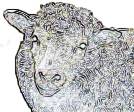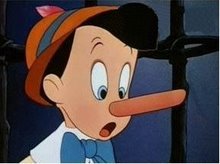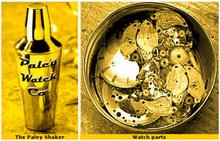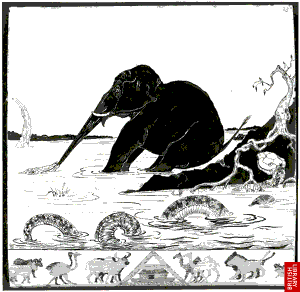 The Pattern Recognition Theory of Humour by Alastair Clarke is an evolutionary and cognitive explanation of how and why an individual finds something funny. Effectively it explains that humour occurs when the brain recognizes a pattern that surprises it, and that this recognition is rewarded with the experience of the humorous response.” says Clarke.
The Pattern Recognition Theory of Humour by Alastair Clarke is an evolutionary and cognitive explanation of how and why an individual finds something funny. Effectively it explains that humour occurs when the brain recognizes a pattern that surprises it, and that this recognition is rewarded with the experience of the humorous response.” says Clarke. Humour is not about comedy it is about a fundamental cognitive function. Clarke explains: “An ability to recognize patterns instantly and unconsciously has proved a fundamental weapon in the cognitive arsenal of human beings.” Recognising patterns enables us to quickly understand our environment and function effectively within it: language, which is unique to humans, is based on patterns.
Storyteller: Alastair Clarke
Humor Shown To Be Fundamental To Our Success As A Species







.jpg)























1 comment:
Clarke said: "For some time now it's been assumed that a global theory of humour is impossible. This theory changes thousands of years of incorrect analyses and mini-theories that have applied to only a small proportion of instances of humour. It offers a vital answer as to why humour exists in every human society"
A global theory is impossible, and remains impossible, because a scientifically acceptable definition of the word "humour" is impossible: as is a scientifically acceptable definition of the word "funny". Humour is a mental construct and does not belong in the realms of laughter and the neurological systems that processes the situations we have labelled "funny". The word "funny" is in essence meaningless (again belonging to the cultural milieu along with "humour") as it translates into circular statements: We laugh because something is funny and something is funny because we laugh at it. Not all "humorous" events evoke laughter, but if we bar laughter from the consideration of some "humorous" events then the statement that the event was "funny" remains meaningless. "Funniness" is not an attribute of the event; the only attachment for the word are the feelings the event elicits, and as feelings are not verbally communicable we cannot define the word "funny" as something scientifically meaningful.
There is a lack of logic in Clarke's statement that humour is fundamental to our success as a species:
a) Pattern reconition is vital to our survival [It is, in fact, vital and present in virtually all animals]
b) Humour can be viewed as a process utilising pattern recognition.
c) Therefore humour is fundamental to our success as a species.
I cannot see the book as anything other than a description of a universal phenomenon (pattern recognition) linked to the idea that humour depends on pattern recognition.
If you would like to read a full critique of theories of the kind above please go to my annotated essay:Laughing and crying as displacement activities: the implications for humor theory. at:
http://basilhughhall.googlepages.com/humorandlaughterresearch
Post a Comment